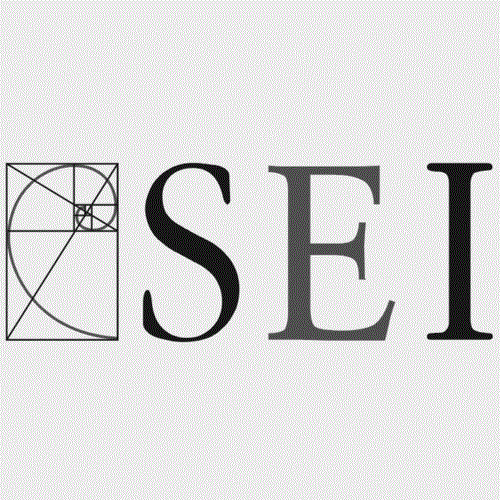Stockholm Environment Institute and Swedish steel industry cooperation on sustainability

SEI facilitates development of scenarios for the Swedish steel industry to become an active participant in the ongoing shift to a sustainable society - with a greater responsibility for people and the environment.
The Swedish steel industry through the Swedish Steel Producers' Association (Jernkontoret) has developed a long-term vision for 2050. The vision encapsulates the industry’s intention to play an active role in society by shifting its operations to become more sustainable.
"This project aims to facilitate the way towards succeeding with the vision that all production should contribute to societal benefits by 2050”, says Karl Hallding, Senior Research Fellow and project leader at Stockholm Environment Institute.
SEI will contribute with reserach analysis in order to achieve the vision through a project that will identify trends, creating scenarios and suggest alternative options.
"SEI’s role is to facilitate a scenario process that will map out factors that the Swedish steel industry need to consider when developing strategies on how to navigate towards these ambitious visions for 2050."
Consumer demand for more sustainable products is growing, and here Swedish high quality steel products can play an important role, for example in light weight construction. The Swedish steel industry intends to stay competitive in the marketplace and will shift its business model accordingly. The Stockholm Environment Institute will provide reserach analysis and advice to enable this transition. The project team at SEI include Karl Hallding, Peter Repinski, Nina Weitz, Måns Nilsson, Ylva Rylander and Henrik Carlsen. Eva Blixt is the contact at Jernkontoret.
A speech made by Karl Hallding on the joint project between SEI and Jernkontoret.

